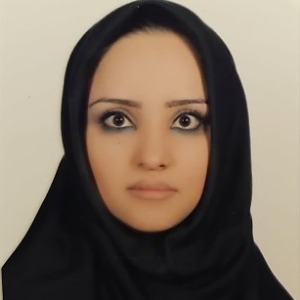Abstract:
Fetal hemolysis is caused by maternal antibodies that cross the placenta. Anti-M antibodies can rarely cause severe forms of alloimmunization in the fetus and newborn. We present a case of severe anti-M alloimmunization requiring a total of 8 intrauterine transfusions, in a patient with a prior poor obstetrical history.
A 35-year-old Iranian pregnant woman with a prior obstetrical history of one abortion and two stillbirths was found to have had anti-M antibody titers 1:8 and accompanying elevated middle cerebral artery peak systolic velocity (MCA-PSV) of 1.9 MoM suggestive of severe fetal anemia at 17 weeks of gestation. Persistently elevated fetal MCA-PSV was noted despite intraperitoneal transfusion at 17, 19, and 22 weeks. Fetal blood sampling at 27 weeks confirmed severe fetal anemia (3 g/dL), which required additional intravascular and intraperitoneal blood transfusion.
At 37 weeks, elective cesarean section was performed. Neonatal hemoglobin immediately after delivery was 10.1 g/dL. In addition to standard supportive care, the neonate required two additional transfusions and remained in the neonatal intensive care unit (NICU) for 23 days. Anti-M antibodies are a rare cause of severe alloimmunization. We present a case in order to improve management.



